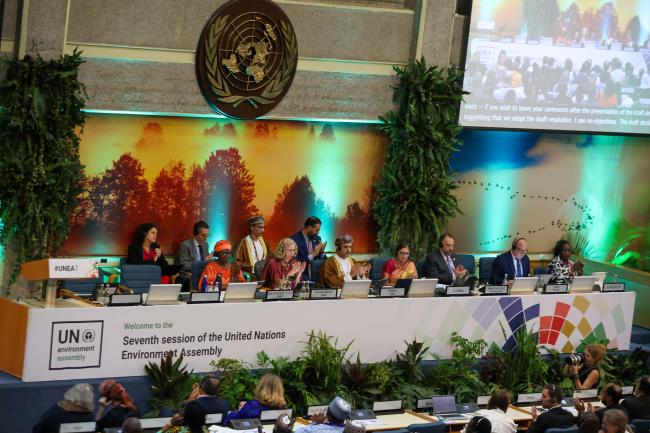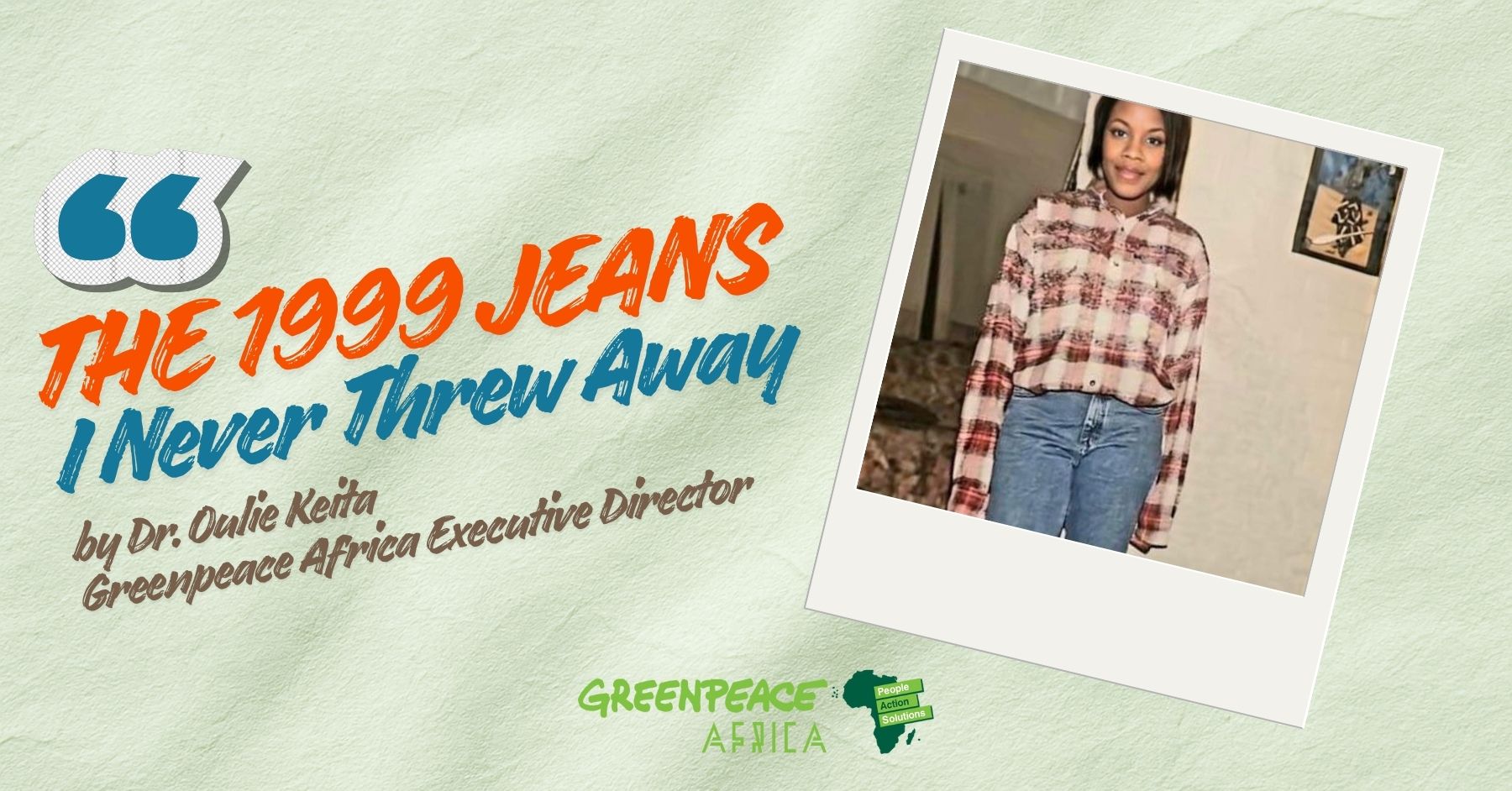The use of pesticides to produce food has spurred a debate between the pro pesticides and the anti pesticides groups in Kenya. The point of contention is the proposed ban on toxic pesticides currently used in food production in Kenya. Proponents of these toxic pesticides have told Kenyans a very subtle lie that without pesticides we are not going to produce enough to feed our population. What they essentially mean is that without toxins in our food, we are not going to produce enough to feed our population. This is not remotely true as there are lots of alternatives to toxic pesticides. The pertinent issue however is not one of not being able to produce food but the safety of the final product to the consumers.
Produce from Kenya targeted for export has been rejected severally by a number of countries for surpassing the maximum pesticide residue levels required for agricultural produce. In 2020, reports by an expert committee on the pesticide residues in food show that fine beans from Kenya were rejected for having higher residue levels of the pesticide acephate. The possibility of this rejected agricultural produce ending up at the local food markets such as Marikiti, Kangemi and city markets to avoid losses are high. This is evidenced by the scientific data from food testing which revealed that the vegetables and fruits sold in the local markets contain high levels of pesticide residues. This is a clear indication of the unsafe food Kenyan consumers are exposed to.
Just like consumers, farmers too are at risk of harm from these toxic pesticides. 70% of the rural economy works in the agricultural sector. These farmers are increasingly using dangerous pesticides to grow food oblivion of their impact on the natural environment and their health.
The lack of protective suit while handling these pesticides due to unaffordability is of great concern. This places farmers at risk of being harmed by these pesticides.
To set the record straight, the current ask for a ban on these toxic pesticides is to protect farmers and consumers and safeguard our environment from any short or long term effects of these pesticides. The proposed ban focuses on the scientifically proven harmful pesticides used within Kenya.
Let’s take Chlorpyrifos for example, a pesticide used to control aphids on wheat. Chlorypyrifos has been scientifically proven to negatively affect the nervous systems in children. It has also been linked to have effects on the structure of the brain, acute leukemia in children, damage the heart and poisoning human blood. As recent as August 2021 the use of Chlorpyrifos in food was discontinued in the United States for its neurological developmental impacts in children.
Chlorpyrifos is also extremely toxic to fish yet a 2012 study conducted by Peter Otieno and other researchers in Lake Naivasha found Chlorpyrifos levels way above the recommended one in the water. Majority of urban and rural dwellers consume fish particularly Tilapia. Lake Naivasha, a freshwater lake, is a source of Tilapia. Coincidentally Chlorpyrifos is still approved for use to control aphids on flowers most of which are grown around the Lake Naivasha region. The continued use of Chlorpyrifos endangers the lives of these Kenyans who depend on this lake for their water and fish needs.
A 2020 study done by researchers from the University of Nairobi found that pesticides were amongst the causative factors of the rising manhood birth defects among male children in Kiambu county.
This begs the question, why should Kenya’s children be exposed to such life threatening pesticides? The conversation we should be having as interested stakeholders should be how can we feed Kenya’s population with safe and healthy food. How can we revamp the use of safe alternatives to control pests and diseases on farms? How can farmers access these safe alternatives? How can companies such as Dudu tech which produce safe alternatives be supported by the government to increase production? How can organizations such as Kenya Organic Agriculture Network (KOAN) training farmers on biofriendly farm inputs be supported to reach more farmers?
Proponents view pesticides as a necessary evil, my argument is that it is an unnecessary evil because alternatives to toxic pesticides exist. The critics of this ban should note that organic farming has long existed in tropical Africa and smallholder farmers in tropical Africa before the advent of colonialism used to grow food devoid of chemical pesticides. There are several integrated pest management approaches such as the use of sticky traps (roll tech) to kill aphids, fungi such as Metarhizium anisopliae sold in the market as Bio Magic and other biofriendly pest control alternatives that are efficient and effective in pest control.
There is a need to prioritise the safety of the young suckling and growing children of this nation by not politicising and trivialising this matter. This is not about the European Union but doing what is legally and socially right for Kenyans. Kenyans have a right to a safe environment and food of acceptable quality as per our constitution which is the rule of the land and ought to be respected.
Article originally published on the Business Daily
Claire Nasike
Food campaigner, Greenpeace Africa.



